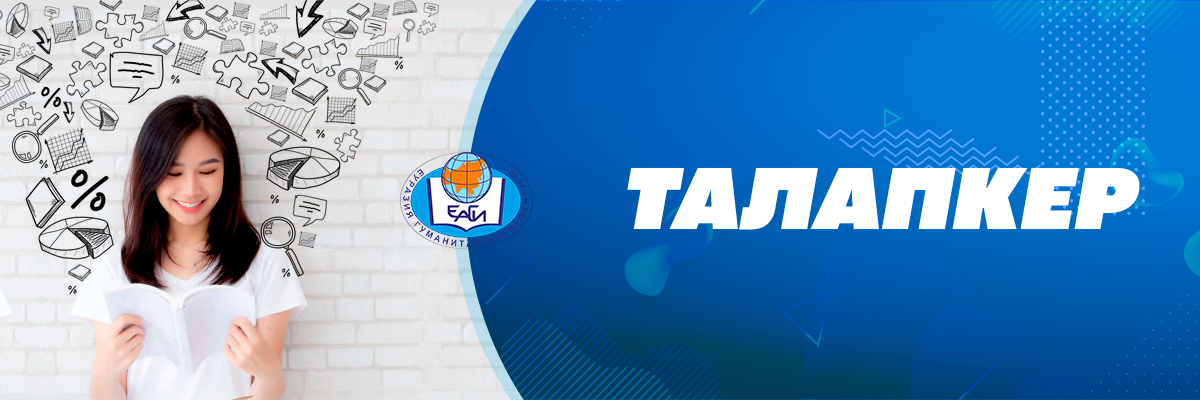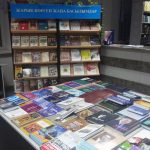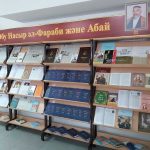About library
The EAGI Library functions from the opening of the Institute. From the very first day, the administration of the Institute has given this structural subdivision special attention – its development, providing the necessary equipment, appliances, furniture, expansion fund educational, methodical and scientific literature.
The library began to receive the first subscription newspapers and magazines on the profile of the university, library tickets and forms have been introduced for full-time students. With the opening of the Institute of new specialties of the library fund has replenished with relevant literature.
At present the EAGI library is one of the basic structural units of the Institute. The quality of the fund corresponds to the modern requirements of education and fits the profile of the Institute for operational library services and information- bibliographic service for the students, the Departments and the staff.
Every year the library subscribes to periodicals receiving about 96 issues of specialized, scientific popular, literary periodicals of Kazakhstan and Russia in three languages (Kazakh, Russian, and English).
Simultaneously with the organization of the book fund was created the finding aids of library: alphabetical, systematic, electronic catalogs, alphabetically-index with the “IC”; the card index of abstracts and theses, the file cabinet of electronic textbooks, which are actively replenished. All received literature is reflected in the catalogs.
The introduction of the automated information library system “Кабис” allowed to use new information technologies in the work. There is an electronic catalog that allows the readers to find necessary information about the book and choose the necessary literature.
The exhibitions of new arrivals became traditional within the walls of the library: the thematic exhibitions devoted to important dates and anniversaries; the works of teaching staff.
The students and the teachers of EAGI gained access to the scientific electronic publications of Clarivate Analytics (Thomson Reuters), posted on the Web of Knowledge platform and Springer; Elsevier on Science and Scopus platforms. In addition, the students and the teachers have access to the domestic database: the Republican interuniversity electronic library (RIEL) and “Paragraph”. Those given and other resources are continually updated, providing the most current full-text information on all branches of knowledge. These databases provide assistance in the development of research and educational projects of scientists and teachers, as well as in the preparation of scientific works of the students.




